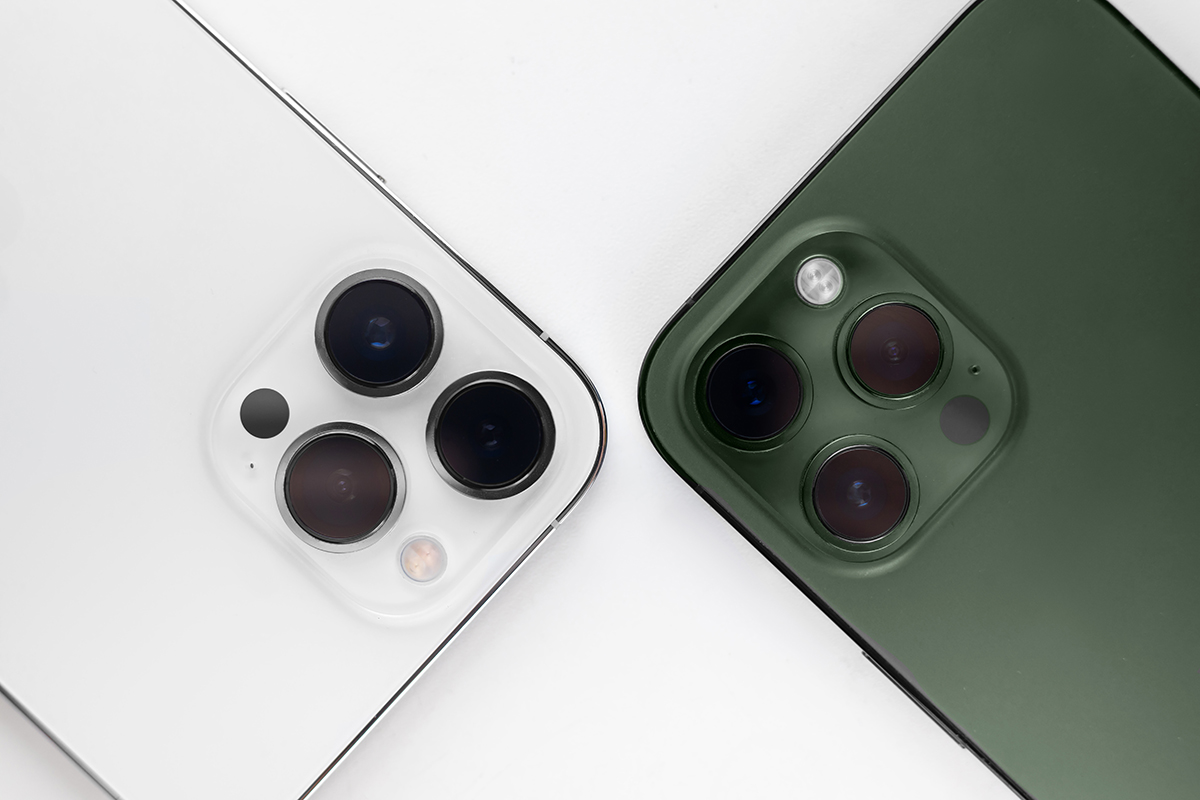In a groundbreaking move, the US Attorney General, along with 16 states, has initiated an antitrust lawsuit against tech giant Apple, alleging the company’s monopolistic practices with the iPhone. The lawsuit contends that Apple has systematically abused its dominance in the smartphone market to stifle competition and innovation, thereby violating antitrust laws.
Central to the lawsuit are five key allegations against Apple’s business practices. Firstly, the lawsuit asserts that Apple’s proprietary messaging service, iMessage, discriminates against users of non-Apple devices, particularly Android phones. The disparity in message quality, symbolized by the infamous “green bubbles,” allegedly undermines competition in the messaging app market.
Secondly, the lawsuit takes aim at Apple Pay, the company’s mobile payment system. It argues that Apple’s exclusive control over payment technology on iPhones restricts competition and innovation in the digital payment sector, thus disadvantageous to consumers.
Another focal point of the lawsuit is Apple’s strategy concerning its popular wearable device, the Apple Watch. The complaint alleges that Apple deliberately limits the compatibility of the Apple Watch to its own ecosystem, effectively forcing consumers to remain within Apple’s hardware and software environment.
Furthermore, the lawsuit challenges Apple’s strict control over its App Store, which serves as the sole distribution platform for iPhone apps. The plaintiffs argue that Apple’s stringent guidelines and hefty commission fees inhibit competition and deter developers from creating alternative app distribution channels.
Lastly, the lawsuit criticizes Apple’s coding requirements for app developers, contending that such restrictions hinder the creation of “super apps” that could operate seamlessly across different platforms. This, the plaintiffs argue, stifles innovation and limits consumer choice.
Apple has vehemently denied the allegations, asserting that its practices are aimed at maintaining high standards of quality, security, and user experience. However, if the lawsuit proves successful, it could have far-reaching implications for Apple and the broader tech industry.
Potential outcomes of the lawsuit include forcing Apple to relax its restrictions on app stores and technologies like iMessage, opening up the iPhone to alternative app stores, and fostering greater competition in the digital marketplace.
The lawsuit underscores growing concerns among regulators and lawmakers about the power wielded by tech giants like Apple, particularly in light of their dominance in key sectors of the digital economy.
As the legal battle unfolds, it will undoubtedly shape the future landscape of the smartphone industry and influence the broader debate surrounding competition and innovation in the digital age.







